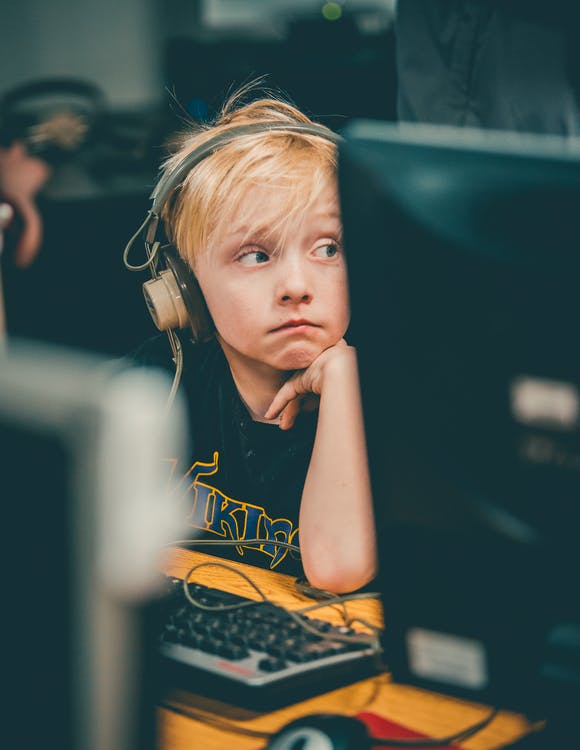Parents and teachers alike may be surprised to learn that ADHD is more than a simple attention disorder. Today, we take a look at a few common misconceptions about ADHD, such as the link between ADHD and anger, and set the record straight.
Issues with focusing aren’t automatically ADHD
As the name suggests, ‘attention-deficit hyperactivity disorder’ is generally characterized by inattention or impulsivity. However, a child who is having trouble with focusing isn’t necessarily ADHD. There are many reasons a child may have difficulty paying attention.
For example, focus issues at school may stem from avoidance tactics that result from either material that is too difficult for them or material that is too easy. (And don’t forget, your child could simply be bored in class!) Focus issues at home may result from a wide range of possibilities, particularly distractions such as television or games.
ADHD is a medical issue that is only diagnosed after meeting specific DSM diagnostic criteria, so it’s important to get an evaluation with a professional such as Neuro-Psych Doctor if your child is having trouble focusing either at school or at home.
ADHD and anger are closely linked
Although it may sound strange that there is a link between ADHD and anger, emotional dysregulation – including sadness, anxiety, and silliness – is more common in children with ADHD than you might think.
For many years, emotional dysregulation was not considered a part of ADHD, although it’s becoming increasingly accepted that this is, in fact, a component of this condition.
Difficulty regulating emotional outbursts, especially anger, presents unique challenges for children in developing and maintaining relationships (and later, for adults in personal relationships and at the workplace).
Seeking a diagnosis and getting treatment can help children learn to manage their emotions early for the best long-term outcome.
There are many treatment options for ADHD
Despite popular culture suggesting otherwise, ADHD isn’t a condition that is automatically ‘solved’ by medication. There are many potential ways to treat ADHD. For example, reducing distractions at home can help some children focus on tasks at home, while specific learning techniques may be beneficial for children in school.
Behavioral therapy may be beneficial for some children, and psychotherapy can help with emotional dysregulation. Developing specific parenting skills is another important part of effectively treating ADHD, and there are many programs that can help parents manage their child’s behavior.
It’s important to remember that there is no single ‘right’ method, since treatment will rely on the exact cause of ADHD in a given child. Like many other medical conditions, a combination of treatments is usually the most effective way of managing ADHD, and medication may be among these.
ADHD isn’t a result of poor parenting or low student motivation
ADHD is a medical condition, not a behavioral one. Parents are not to blame when their child is having difficulty focusing or regulating emotions or behaviors. ADHD requires specialized treatment and a skillset most parents simply aren’t equipped with.
Similarly, a child with ADHD is not “not paying attention” because they aren’t motivated to learn. It is often quite the opposite, where a child wants to learn but simply cannot stay focused on the task at hand.
Fortunately, parents can work with a behavioral specialist to develop a plan that can help their children manage symptoms of ADHD and ensure their child can get the most out of their education.
ADHD isn’t a condition that children can ‘grow out of’
ADHD is a brain disorder, not a phase that a child will eventually outgrow as they mature. A child may seem to outgrow the condition, but symptoms actually change over time.
As a child grows up, their behavior may shift from more physical expressions of ADHD (such as jumping or running around at school) to executive functioning issues (such as planning ahead, staying organized, or concentrating on tasks or assignments).
Determining the cause – as well as the best treatments – is the most effective way to manage this condition, which will spare a lot of frustration in the child’s academic and personal life.


